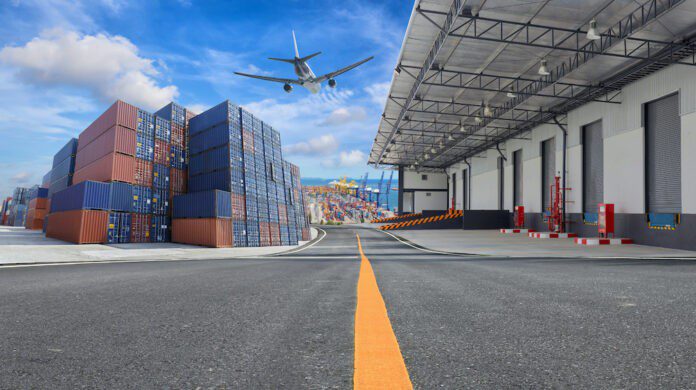-
Duterte approves the 2022 Strategic Investment Priority Plan
-
The SIPP identifies industries and activities that may qualify for fiscal and non-fiscal incentives
-
These activities include infrastructure and logistics
-
Establishment and operation of physical infrastructure such as airports, seaports, air, land, and water transport are part of preferred activities for infrastructure and logistics
President Rodrigo Duterte approved the 2022 Strategic Investment Priority Plan (SIPP), which identifies industries and activities that may qualify for fiscal and non-fiscal incentives.
Infrastructure and logistics are part of these activities.
Signed on May 24 and released on May 26, the 2022 SIPP is contained in Memorandum Order No. 61 series of 2022.
The SIPP, whose creation is provided under Republic Act No. 11534 (Corporate Recovery and Tax Incentives for Enterprises Act) will replace the current Investment Priorities Plan (IPP).
Activities listed in the 2020 IPP were retained and included under Tier I of the 2022 SIPP. These are:
- Qualified manufacturing activities including agro-processing; agriculture, fishery, and forestry
- Strategic services
- Healthcare and disaster risk reduction management services
- Mass housing
- Infrastructure and logistics including public-private partnership projects implemented by local government units
- Innovation drivers
- Inclusive business models
- Environment or climate change-related projects
- Energy
- All activities relating to the fight against the COVID-19 pandemic
- Activities supporting programs that will generate employment opportunities outside of congested urban areas
For infrastructure and logistics, preferred activities cover the following:
- Establishment and operation of physical infrastructure vital to the country’s economic development and prosperity such as airports, seaports, air, land, and water transport
- Liquefied natural gas storage and regasification facilities
- Pipeline projects for oil and gas, bulk water treatment
- Supply facilities, training facilities, testing laboratories, and domestic industrial zones
- Public-private partnership projects including those initiated /or implemented by local government units
Tier II activities, meanwhile, are those “envisioned to promote a competitive and resilient economy and fill in gaps in the Philippines’ industrial value chains, and are deemed critical in promoting green ecosystems, ensuring a dependable health system, achieving robust self-reliance in defense systems, and realizing modern, competitive, and resilient industrial and agricultural sectors.”
Tier III activities are “projected to accelerate the transformation of the economy primarily through the application of research and development and attracting technology investments. It also includes activities involving the production of equipment, parts, and services that embed new technologies, and the commercialization of research and development output.”
Upon the effectivity of the SIPP, all government agencies were enjoined to issue the regulations to ensure its implementation.
Investment promotion agencies (IPAs) are tasked to facilitate and expedite the setting up and conduct of registered projects or activities through a one-stop action center, while local government units and other government agencies should coordinate with IPAs to comply with RA 11032, or the Ease of Doing Business and Efficient Government Service Delivery Act.
The newly formulated SIPP is aligned with the updated Philippine Development Plan 2017-2022.






